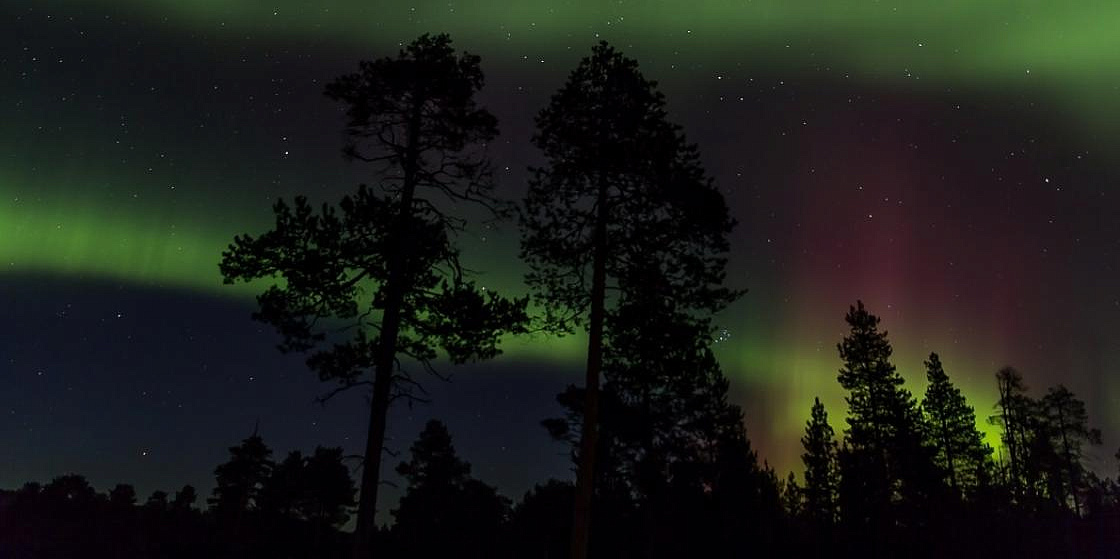
Photo: Sidorov Oleg/GeoPhoto.ru
Nikolai Doronin: Arctic may help Russia and the United States to improve relations
Arctic issues may become a lifeline to both nations that will help them to improve their relations, says Nikolai Doronin, Chairperson of the Managing Board of the Project Office for Arctic Development. The comment by the expert was published at Public Opinion, an online discussion platform hosted by the Vedomosti newspaper.
If Russia and the US are not on good terms with each other, it is bad for the development of the region as a whole. We are witnessing a rapid re-emergence of Russia as an Arctic power: a range of large infrastructure projects are being launched, along with the projects in the field of oil, gas, metal production, and rare-earth element mining. The government has a solid portfolio of such projects. However, if the geopolitical tensions in the region continue to mount, at least some of these projects will hardly come to fruition, which, in turn, will affect the social and economic condition of those 2.5 million people who live in the Russian Arctic. With Russia’s being home to the world’s largest Arctic population, we believe that, from the perspective of the region’s development, it is better to cooperate than compete with each other.
On the other hand, the escalating tensions in Russia’s relations with its Western counterparts are seen as a response to Russia’s comeback to the Arctic. In the 1990s, the region was in fact abandoned by people, the military and big industry. Nowadays, as Russia retakes what has been lost in the past decades, international partners at the Arctic Council claim that Russia intends to “militarize” the Arctic and impose its “dominance” upon the region.
It should be noted that Russia's profound interest in the Arctic is based on geographic and historic factors. In terms of mentality, we are a Northern country controlling the largest portion of the Arctic territory in the world, and this fact should never be forgotten. It is our duty to aggressively develop the region to provide to our people a quality of life, meeting at least the average national standards. Unfortunately, at present, they are far from being met. This is exactly why Russia is taking steps to regain the positions lost in previous years; however, sadly, we cannot help noting that our efforts are met with criticism.
Speaking about the Russian-American relations as a whole, the Arctic can hardly be considered as a pivotal region in the general geopolitical context. However, due to the fact that Russia has considerable advantages in the Arctic (such as numerous cities located in the High North, a considerable Arctic population, a series of flagship development projects, and a sizable icebreaker fleet -- something the Americans do not have), a dialog concerning the region is a necessity. Despite the fact that the US is attempting to delay Russia’s expansion in the Arctic, our countries still can cooperate in what regards fostering development and growth in high latitudes.
Historically, scientific cooperation has always been an important form of international cooperation in the Arctic. Polar ice melting will have catastrophic effects on Europe, America, Russia and the whole planet. We should keep a keen eye on this problem. This task can hardly be accomplished without being present in the region -- even satellites and cutting-edge technologies will not be able to replace on-site studies and expeditions.
Currently, both the Western sanctions and the lack of trust prevent our scientists from fruitfully cooperating with each other. If this was not the case, such cooperation could be a real success story. The Arctic being vital to Russia in terms of natural riches, it plays a global role as a regulator of climate change. The latest Russian-American summit saw a vivid discussion of climate-related issues. It is noteworthy that the US has asked for Russian support in this regard -- something that does not happen frequently.
The Arctic may be seen as a lifeline to the both nations that can help them to improve their relations. This is of special importance in light of the growing interest of China to the region. Being an observer in the Arctic Council, China relies on an icebreaker fleet, which is, in fact, superior to the American one. In this regard, a peculiar geopolitical triangle is emerging in the Arctic.
Russia is open to scientific cooperation and regional dialog; however, the geopolitical context prevents all parties from benefiting from this openness. The Arctic has always been a territory of peace and cooperation. It is our hope that it will stay this way.
Besides, the present US administration appears to be more deal-oriented than the previous one. The New Green Deal, along with the environmental agenda in general, is a big bet for the Democratic Party, the Arctic being its centerpiece. President Biden being interested in playing this card, it would be rather challenging to do it without Russia’s help. The need to address the climate issues may prompt the US administration to switch from the language of threats and sanctions to a more cooperative approach. It would be logical for both parties to cooperate -- however, unfortunately, the politics are not always driven by logic alone.





